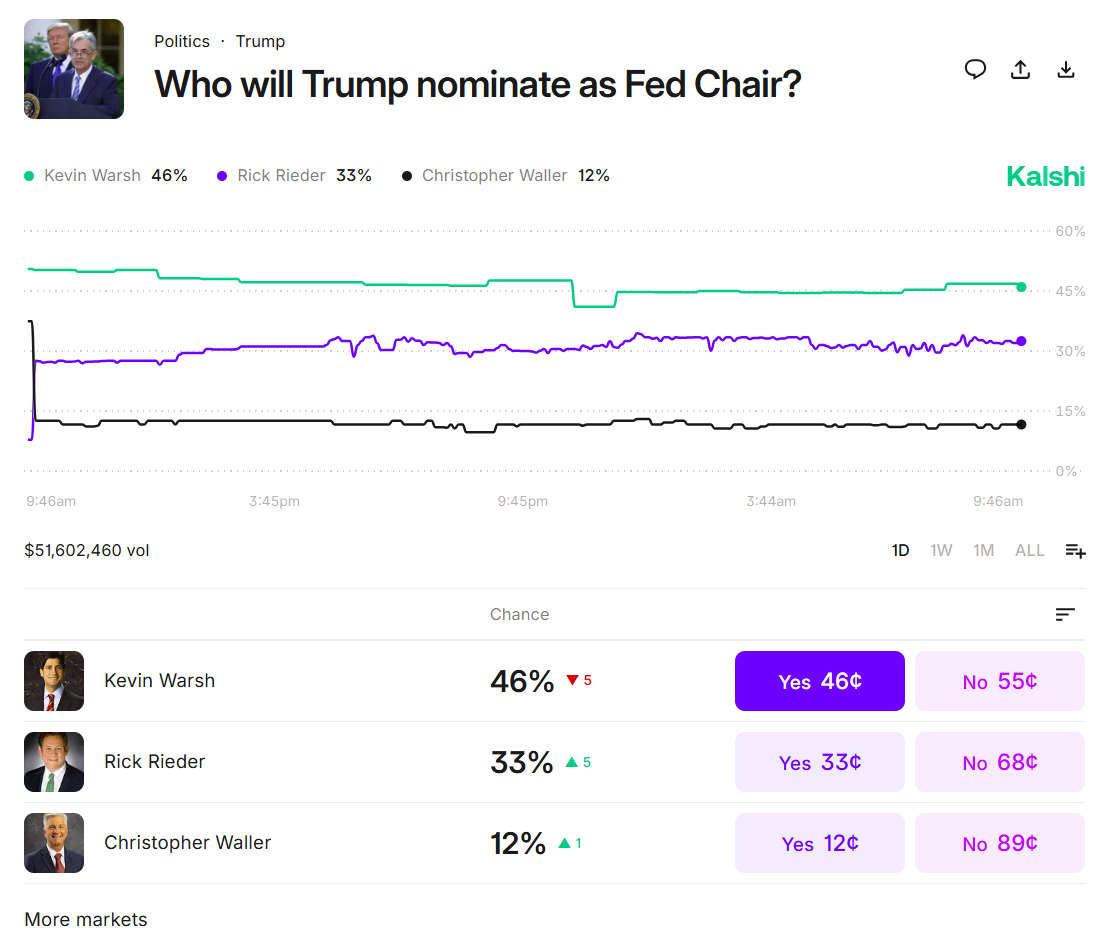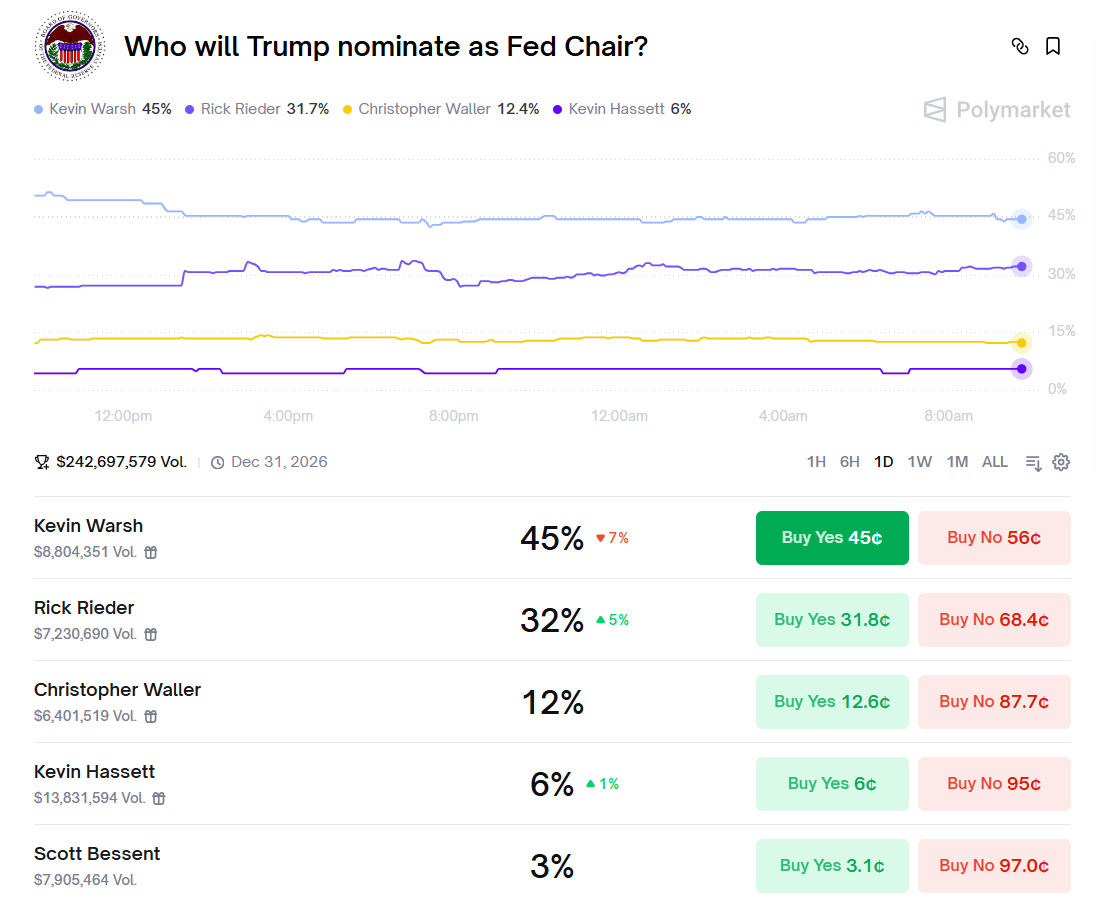CertiK, a New York based Web3 security firm, is preparing a roadmap toward a public listing. Founder Gu Ronghui said in an interview with CBS that the company is actively pursuing plans to go public and aims to become the leading Web3 infrastructure stock.
The move follows a strategic investment from Binance, which has become CertiK’s largest investor to date.
The firm is accelerating development of Skynet Enterprise, an institutional-grade security platform designed to meet transparency and risk monitoring requirements for regulators and large financial institutions.
CertiK is also expanding its core auditing business through formal verification technology powered by its proprietary Spoq engine. The framework integrates artificial intelligence to improve verification efficiency and scalability.
CertiK joins a growing list of crypto firms exploring public listings as institutional investor interest in the sector accelerates. Last year, USDC issuer Circle raised $1 billion in its IPO, while companies including Bullish, Gemini, Galaxy Digital, Figure, and Exodus also tapped public markets.
The trend is expected to continue in 2026, with BitGo debuting yesterday on the New York Stock Exchange after raising $213 million in its IPO, and firms such as Kraken, Ledger, Consensys, and Animoca Brands preparing their own offerings. With investor appetite rising, CertiK’s most recent private funding rounds value the company at over $2 billion.









